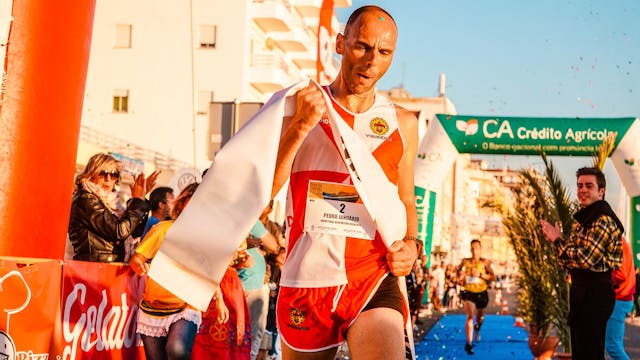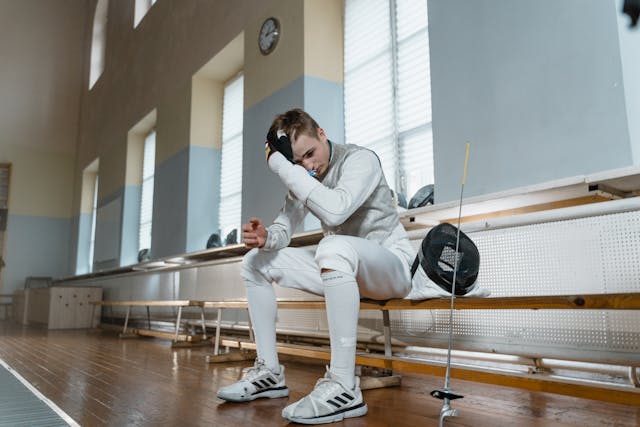Training Tips for Solo Athletes: Creating Effective Practice Routines
Training alone can be challenging, but it also offers freedom to tailor routines to your goals and pace. Solo athletes must balance self-discipline, motivation, and structured practice to maximize performance. With the right strategies, independent training can be highly effective and rewarding.

Set Clear Goals
Goal-setting is essential for focused practice:
- Define short-term goals: Improve a specific skill, build endurance, or increase strength.
- Establish long-term objectives: Work toward competition readiness or personal milestones.
- Track progress: Use journals, apps, or video analysis to monitor improvements over time.
Clear goals provide direction and motivation during solo sessions.
Create Structured Routines
Even without a coach, structure ensures efficiency:
- Warm-up and cool-down: Begin with dynamic stretches and end with static stretching to prevent injury.
- Skill-specific drills: Focus on technique, repetition, and consistency for core abilities.
- Strength and conditioning: Include exercises that build overall fitness relevant to your sport.
A structured routine maximizes the effectiveness of each session.
Incorporate Variety
Variety prevents boredom and promotes well-rounded development:
- Alternate between endurance, speed, strength, and agility work.
- Introduce different drills or practice environments to challenge the body and mind.
- Mix high-intensity intervals with recovery periods to optimize performance.
Variety keeps workouts engaging and enhances overall athletic capability.
Track and Analyze Performance
Self-assessment is crucial for solo training:
- Video recording: Review technique to identify areas for improvement.
- Performance metrics: Track times, reps, or scores to measure progress.
- Reflect on sessions: Note what worked, what felt challenging, and adjust future routines.
Monitoring progress ensures training remains purposeful and effective.
Stay Motivated and Accountable
Maintaining motivation without teammates or coaches requires strategies:
- Set rewards for milestones achieved.
- Join online communities or find training partners occasionally for accountability.
- Visualize goals and remind yourself why you train.
Consistency and self-motivation are key to success in solo practice.
Prioritize Recovery
Rest and recovery are often overlooked but critical for performance:
- Schedule rest days to prevent burnout and injury.
- Focus on nutrition and hydration to fuel the body.
- Incorporate stretching, foam rolling, or yoga to aid muscle recovery.
Recovery ensures long-term improvement and sustainable training.

Final Thoughts
Solo athletes can achieve excellent results with well-structured, goal-oriented routines. By setting clear goals, creating structured sessions, incorporating variety, tracking progress, staying motivated, and prioritizing recovery, independent training can be as effective as team-based programs. With discipline and smart planning, solo athletes can reach peak performance while enjoying the freedom of self-directed practice












